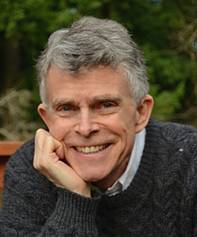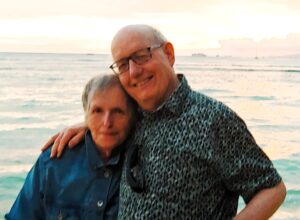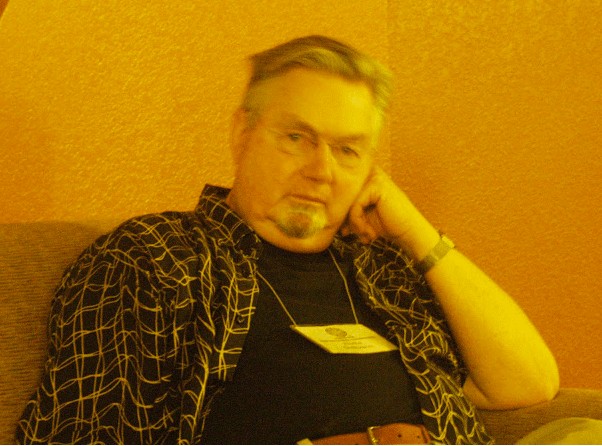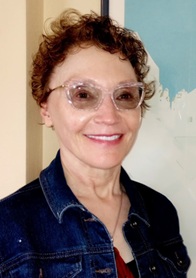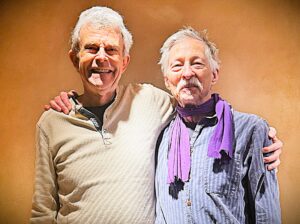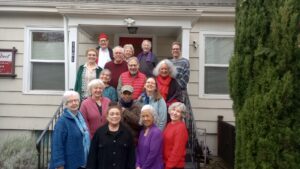Let’s Adopt a Susila Dharma Project
Dear Brothers and Sisters,
One of the ideas that came out of the SD-USA board meeting that I attended 2/19-22 was for each Subud center to “adopt” a project. SD-USA is currently supporting 17 projects along with our dues to SDIA which supports an even broader group of projects world-wide.
I like this idea and wondered if there was anyone else in the group that would like to look at the many projects SD-USA supports and see if there’s 1-2 that they might suggest at our next group meeting on March 22nd for consideration. We’d then vote on the one the group wanted to support and start supporting it.
As an example, the Washington DC group picked Bina Cita Utama (BCU), the Subud School in Kalimantan. The reason they chose this project was that Myriam Ramsey – a former SD-USA board member – championed that project. The group was already giving a monthly donation to SD-USA to support its work. They decided to donate additionally to support BCU.
Anyone interested in being a part of this process of selecting a project for our center, just needs to contact me and I’ll coordinate a selection process via email.
Thanks, Oswald
Current and Past SD-USA Board members
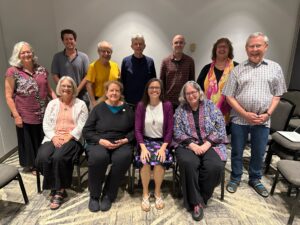
Pictured Top Row: L-R Jane Katz (board member), Andrew Clark (Chair SD-USA), Lucas Boladian (Treasurer), Oswald Norton (former board member), Michael Barber (vice chair SD-USA), Aneesah Hassani (Woman National Helper Laison), Reynold Orchard (Man National Helper Laison) Seated Row: Loretta Covert (board member), Sofia Nicoletti (board member), Fauziyah Ishak (past Chair SD-USA), Mary Salisbury (board member),

